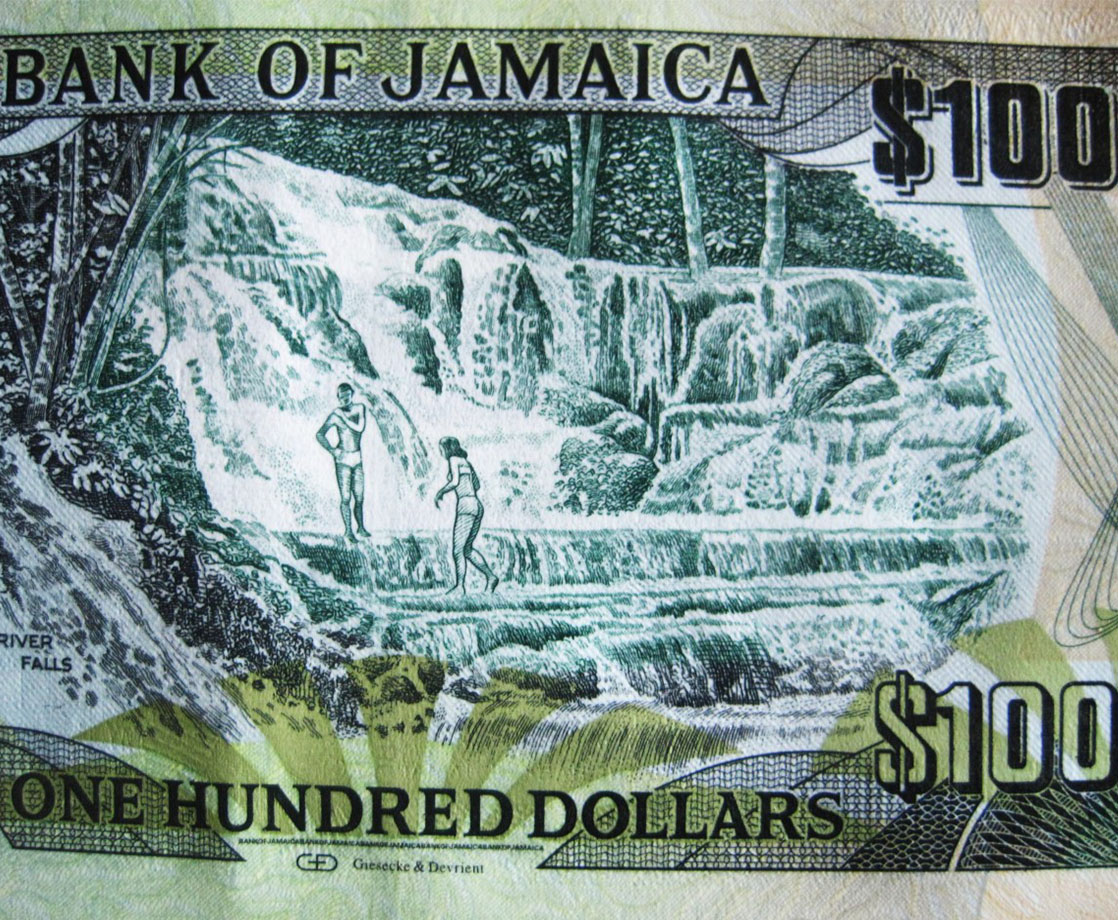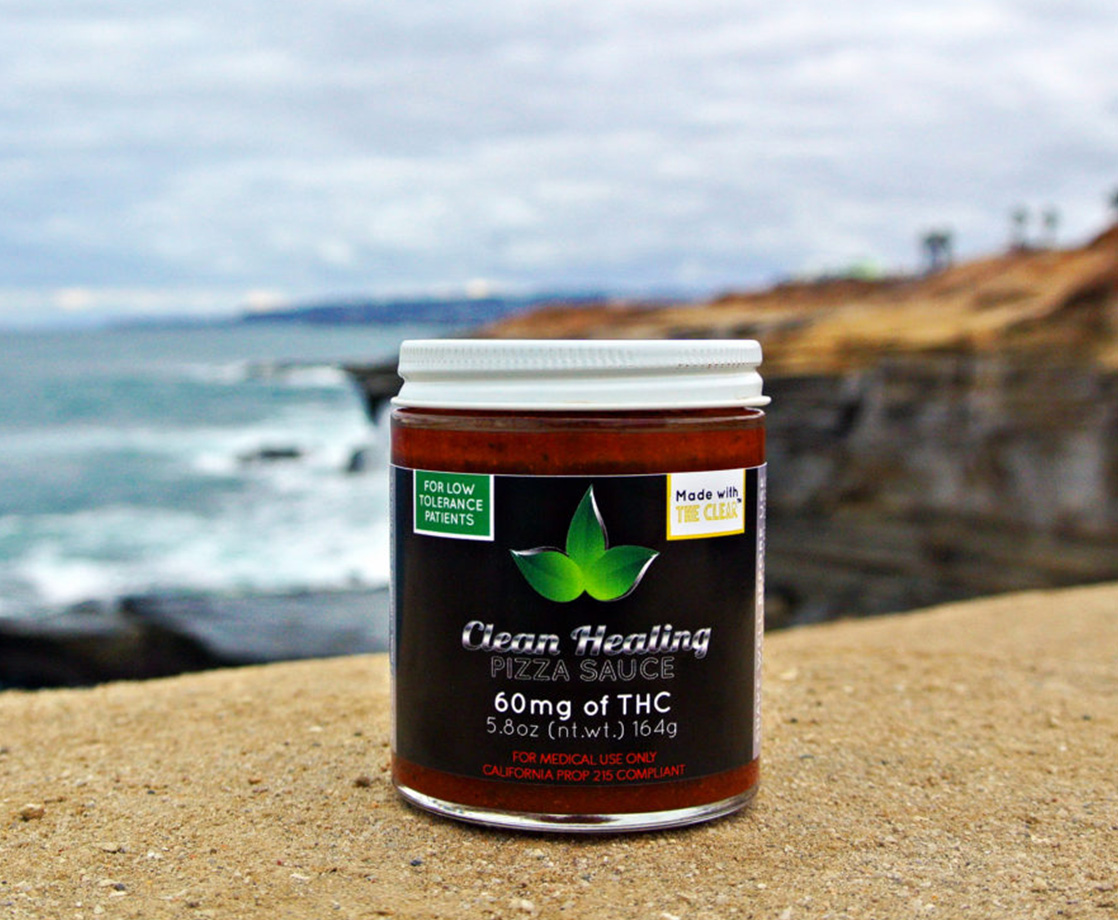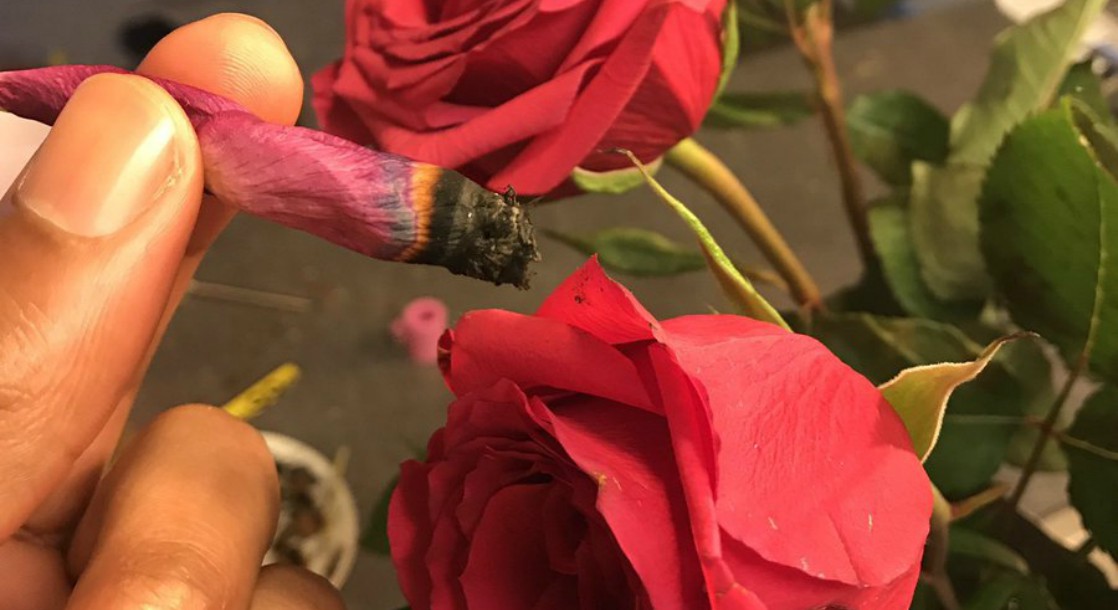After a century of prohibition, Jamaica legalized the cultivation, sale, and use of cannabis for medical purposes in 2015. The medical marijuana industry has been slowly ramping up over the last several years, and in February, Jamaican farmers harvested the first crop of ganja legally grown in the country since the plant was criminalized over 100 years ago.
The cannabis industry is fast becoming one of the most lucrative new markets of the 21st century, but the global banking industry has been less than enthusiastic about getting on board. Cannabis is illegal in the vast majority of countries, and international finance laws prohibit banks from handling funds that could be considered proceeds from illegal drug.
In the U.S., federal law explicitly prohibits banks from dealing with any business that handles cannabis. These restrictions have forced canna-businesses to become cash-only, prevented them from taking out traditional bank loans, and increased their tax burden considerably. American banks have even been loath to deal with ancillary cannabis-related businesses, shutting down the accounts of advocacy groups like the Marijuana Policy Project.
Even in Uruguay, where pot has been completely legal since 2013, banks have refused to serve retail cannabis establishments. Last summer, the Uruguayan government allowed sixteen pharmacies around the country to begin selling government-grown pot for adult recreational use. Within the first month of sales, many of these pharmacies received letters from their banks notifying them that their accounts would be closed if they continued selling legal weed. In the end, government officials decided to create cash-only cannabis retail shops instead.
In light of the issues that other canna-legal states and countries are facing regarding banking, the Jamaican government is trying to proactively solve the problem for their own nascent industry. Daryl Vaz, minister in the Ministry of Economic Growth and Job Creation, said that the government has asked the Bank of Jamaica to find a solution that will allow the country's cannabis industry to avoid the pitfalls that other countries and U.S. states have faced.
"We, as a government, realize that to get to the true potential of this industry, which is a gigantic industry, the whole issue of banking arrangements, formal banking arrangements, has to be addressed," Vaz told guests at the launch of a new medical cannabis firm, Kronic Relief Jamaica Ltd, according to the Jamaica Observer. Vaz also said that the government expects legal cannabis to become "a serious industry for growth in the economy."
Kronic Relief has received seven licenses from the country's Cannabis Licensing Authority, and is planning to break ground on a 250,000-square-foot cultivation and processing facility. This massive undertaking will undoubtedly require some capital, and having the country's banks on board will certainly make the process easier.
Kronic CEO Steven Conville said that he is positive that the country's medical marijuana industry is off to a great start, and that given the island's traditional association with ganja, will soon become a major player in the global cannabis industry. "We are moving in the right direction, in terms of a national perspective on cannabis including even first world powers such as the United States," Conville said at the launch event.











